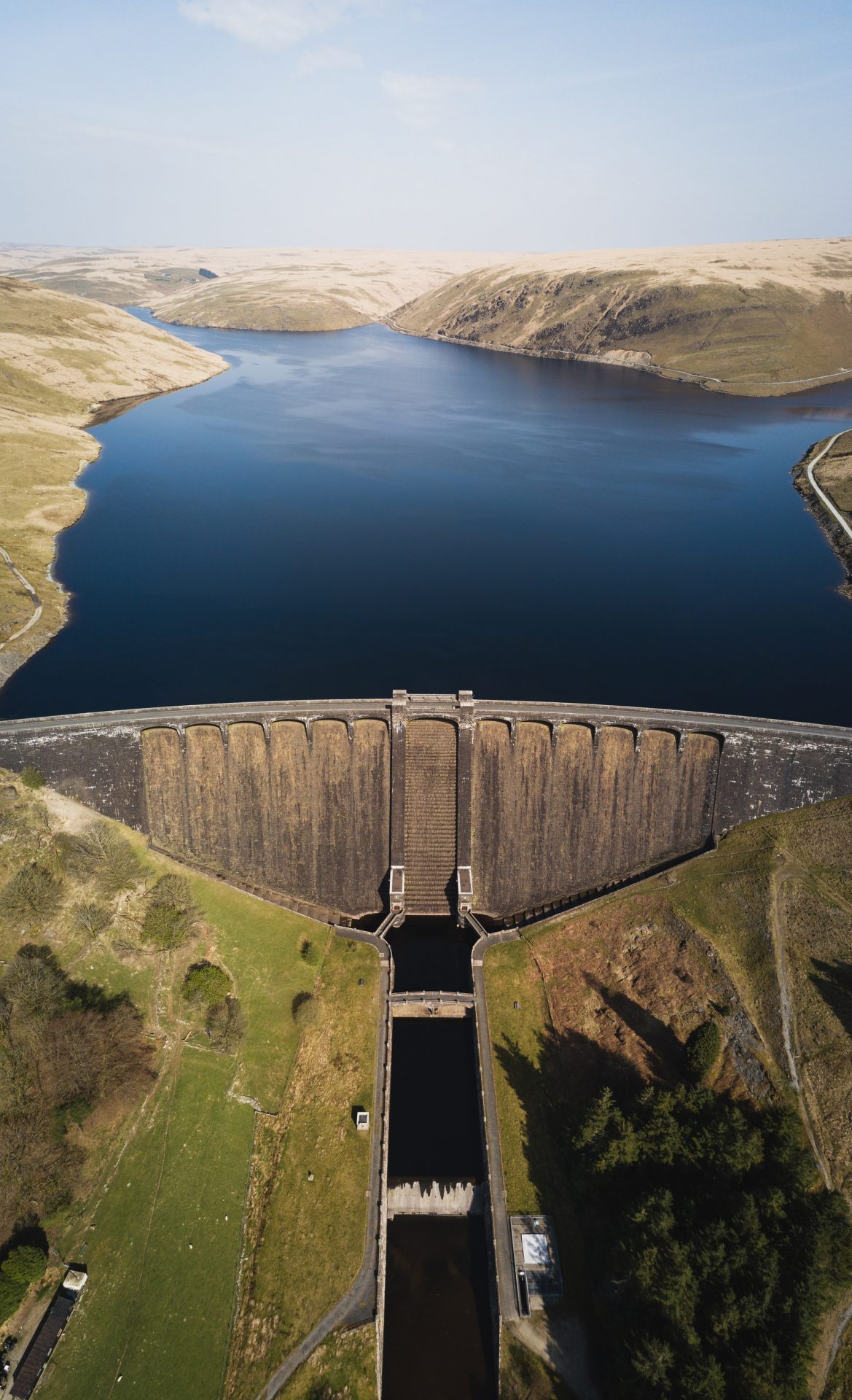BLOG | Bluephage
A holistic approach to water management is becoming essential

Integrated water resources management (IWRM) is relied upon to ensure efficient, equitable, and sustainable management of the world’s limited water resources.
IWRM was born during the first World Water Conference held in Mar del Plata in 1977.
Today, The Global Water Partnership‘s definition of IWRM is: “IWRM is a process that promotes the coordinated development and management of water, land and related resources to maximize the resulting economic and social welfare in an equitable manner without compromising the sustainability of vital ecosystems”.
Factors such as demographic and climatic changes increase pressure on water resources and make difficult decisions about allocating increasingly scarce supplies among growing demand.
Water supply is increasingly unpredictable. However, developed countries have artificially overcome this uncertainty through supply infrastructures that ensure reliable supply and reduce risks while introducing wastewater treatment, water recycling, and demand management measures to counter the problems of inadequate supply.
In addition to water quantity problems, there are also water quality problems. Pollution of water sources poses significant problems for water users and the maintenance of natural ecosystems.
Hence, water availability is aggravated by climate change and variability, population growth and other demographic changes (especially urbanization), and agricultural and industrial expansion due to changes in consumption and production patterns.
Integrated water resources management (IWRM) is relied upon to ensure efficient, equitable, and sustainable management of the world’s limited water resources.
Social Equity ensures equal access for all users to the adequate quantity and water quality needed to maintain human well-being. Benefits may include recreational use or the use of water for economic purposes.
Economic Efficiency requires that the most economically efficient option for water consumption be selected. In addition, the economic value must take into account current and future social and environmental costs and benefits.
Ecological Sustainability recognizes aquatic ecosystems as users for appropriate allocation and maintenance of their natural functioning. Achieving this criterion also requires avoiding or limiting land uses and developments that harm these systems.

According to the United Nations Third World Water Development Report, IWRM aims to create sustainable water security within current constraints and improve watershed conditions.
Sustainable Development Goal 6.5 states that, by 2030, integrated water resources management should be implemented at all levels, including through transboundary cooperation, as appropriate.”
Indicator 6.5.1 tracks the degree of implementation of integrated water resources management (IWRM), assessing the four key dimensions of IWRM: enabling environment, institutions and participation, management tools, and financing.
The latest data for indicator 6.5.1. demonstrates three key points about the evolution of integrated water management.
1. Globally, the pace of IWRM implementation urgently needs to double.
2. Real and rapid progress is possible. But, unfortunately, 107 countries are not making sufficient progress in meeting SDG target 6.5.
3. Business, as usual, is not an option. The global call for IWRM implementation was formalized in 1992. Yet, nearly 30 years later, 87 countries (47%) still report “low” or “medium-low” levels of IWRM implementation.
At Bluephage, we aim to become a key player in the mechanisms that assist difficult water resource management decisions by providing a faster, more accurate, and user-friendly technology for analyzing faecal and viral contamination in water.
In a world where more than 2.5 billion people do not have access to safe drinking water, and with a trend to reuse more water worldwide, Bluephage’s mission is to increase and improve microbiological monitoring of water through viral indicators by providing easy-to-use, fast, simple, reliable and cost-effective kits to test for coliphages, ensuring safe water for a better world.

